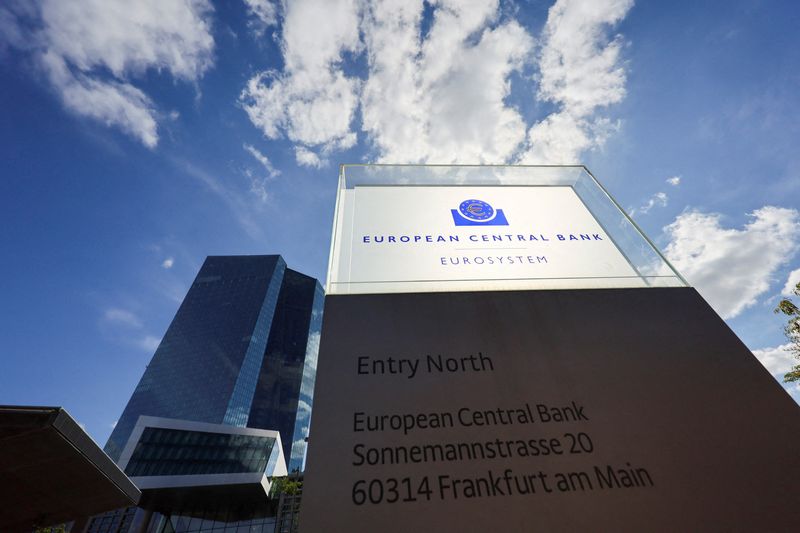FRANKFURT (Reuters) - Euro zone inflation is falling towards 2% and geopolitical stress poses only moderate risks but the European Central Bank should still exercise caution in cutting interest rates beyond a first step in June, Dutch policymaker Klaas Knot told Nikkei.
The ECB has all but promised a rate cut for June 6 and policymakers are now debating how to proceed in subsequent months after oil prices rose and unexpectedly high inflation readings in the U.S. increased the chance that the Federal Reserve will delay the start of its own easing cycle.
"I am increasingly confident in the disinflation process," Knot said in an interview on Monday, adding that the June rate cut remains realistic if price and wage data continue to come in line with projections.
But Knot took a more cautious view on subsequent steps.
"For after June, I would say: no pre-commitment to any specific time path," he said.
Knot emphasized the relevance of quarterly data but stopped short of an earlier suggestion that rate cuts could also come when the ECB publishes new projections in September and December.
Still, he also played down the relevance of a delay in Fed cuts.
Some argue that the Fed's hesitation could weaken the euro and boost imported inflation, forcing the ECB itself to delay.
Indeed, markets now see just 66 basis points of rate cuts this year, down from well over 100 basis points a little over a month ago.

"If the source of the euro depreciation is tighter monetary policy by the Fed, then that tighter monetary policy will also likely lead to higher bond yields across the globe spilling over to the euro area and that spillover will be disinflationary," Knot said.
"I therefore think this factor should not be overestimated."